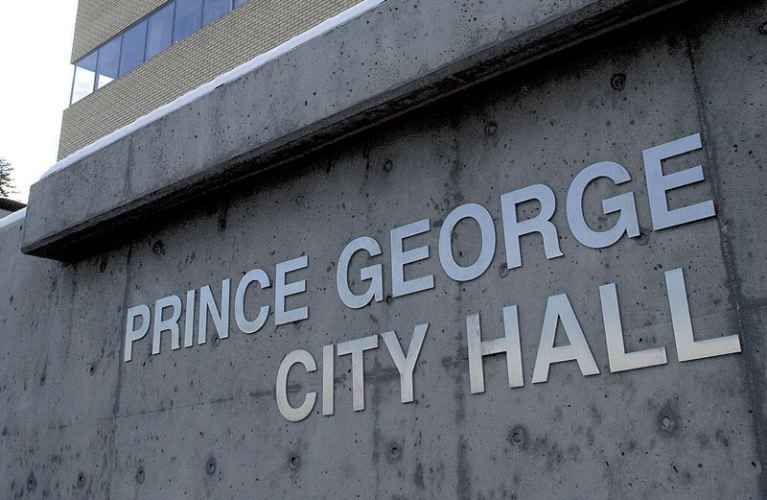City council added an examination of how to pull back the curtain on closed meetings to its work plan.
A strategic planning session for the group planned for Oct. 20 will include discussion about implementing a new process to release information from in-camera sessions.
During Monday night's meeting, city council put off a decision on potential options until the first meeting of 2016, wanting more time and more information about what it would take to have staff spend more time sifting through minutes and reports from confidential meetings.
"I think if we're going to do this, we have to do it right and we need to know what the cost implications are and balance that with the need of the public having a right to know," said Coun. Brian Skakun.
The Community Charter - the provincial legislation governing municipalities - says council may close meetings which deal with things such as labour relations, potential litigation, personal information about someone being considered for a position with the city or being considered for a municipal award.
The charter says meetings must be closed if they deal with confidential information from another level of government, a request under the Freedom of Information and Protection of Privacy Act or a matter being investigated under the Ombudsperson Act.
Information arising from any meetings that are closed is supposed to be kept under wraps, unless council votes (in a closed session) to release it publicly.
Some information becomes public through normal processes. For example, discussions about land sales are held behind closed doors, but the results are public once the sale has gone through.
According to a report from the administrative services department, most local governments - including Prince George - operate on case-by-case basis for releasing information.
But some have formalized how they do it.
The staff report outlined options for council about potential changes.
One method would be to have staff develop a policy like Vancouver or Nanaimo, who have developed policies around proactively releasing info online on a quarterly or semi-annual basis.
Council could use another method where individual staff reports would identify what information in said reports was subject to closed meeting criteria and how or if it could be released.
Or the city could keep the status quo, with releasing information on a case-by-case basis.
It's rare that information actually comes out of closed meetings.
The current council has done it once, with the public acknowledgment that council voted in a May 25 closed session not to renew the city's contract with Initiatives Prince George as an external economic development branch, with Coun. Albert Koehler recorded as the lone opposing vote.
In June 2013, council released that a 5-4 vote had gone in favour of retaining Pine Valley Golf Course as a municipal facility instead of selling the land for development.
A 2012 report from the B.C. Ombudsperson on best practices for local governments regarding open meetings said closing meetings are appropriate "where discussion of a subject in an open meeting raises a reasonable and identifiable possibility of damage to the interests of the local government, the public, or a third party."
The report also said that just because a topic is identified in the Community Charter as having potential for discussion in a closed session, doesn't mean it should automatically be done.
"That is only the starting point of the decision-making process," the report said.
Once the meeting is over, the ombudsperson's report recommends municipalities have a process in place to regularly review the information produced in a closed meeting and perhaps think about releasing portions of the minutes and other records sooner instead of waiting until a time when it would all become public.
"Local governments should strive to release as much information as possible as often as possible, in order to demonstrate their commitment to the principles of transparency and accountability and to receive the benefit of a more informed, engaged and trusting public," the report said.
Closed sessions are typically held on Monday afternoons prior to the regularly scheduled public council meetings. Out of the 31 meetings held so far in 2015, 13 were closed.
In 2014, 45 council meetings were held, with 15 of them closed and 19 out of 47 council meetings were closed in 2013.

.png;w=120;h=80;mode=crop)

